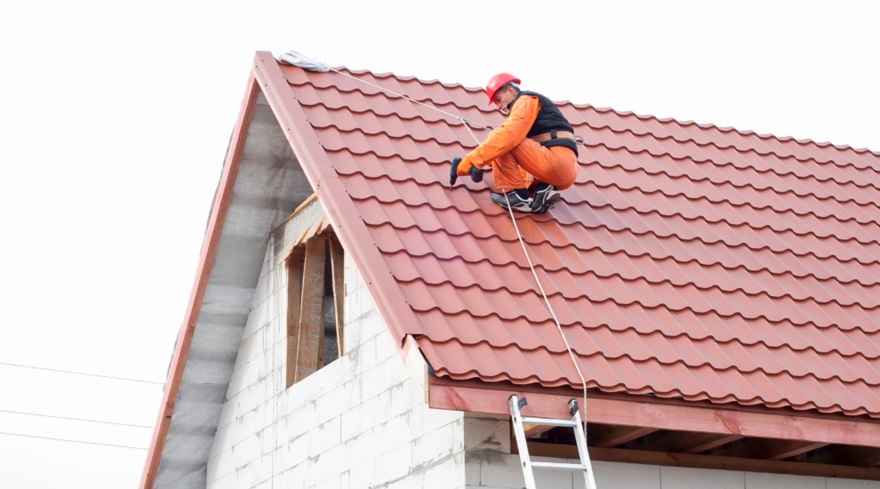When looking for the right roofing professionals, it’s important to understand the distinction between residential and commercial roofers. Each type brings a unique set of skills, tools, and techniques that align with the specific needs of either a home or a business property. If you’re searching for trusted roofers in Johns Creek, knowing which kind of service you require will save time and ensure quality results.
Residential Roofers: Tailored for Homes
Residential roofers specialize in installing, repairing, and maintaining roofing systems on homes. These roofs typically feature materials like asphalt shingles, tile, or wood shakes and are often sloped to allow for water runoff.
While their projects may seem straightforward compared to commercial jobs, residential roofing still requires proper training, attention to detail, and knowledge of local building codes. Many homeowners are surprised to learn that, in many states, roofers have to be licensed to operate legally and ensure high-quality work. Licensed professionals bring peace of mind, especially during inspections or insurance claims.
Commercial Roofers: Built for Business Properties
Commercial roofers, on the other hand, handle large-scale roofing systems often found on warehouses, office buildings, and retail complexes. These roofs are usually flat or low-sloped and use different materials such as TPO, EPDM, or modified bitumen.
These types of jobs often require advanced safety protocols, large crews, and specialized equipment. The scope of commercial roofing means the timeline is generally longer, and weather conditions can play a bigger role in scheduling. It’s also more common for commercial roofing to involve long-term maintenance contracts due to the scale and complexity of the systems.
Key Distinctions Between Residential and Commercial Roofing
Understanding the differences can help property owners make informed decisions.
Materials and Design
Residential roofs use aesthetic-friendly materials designed to complement the look of the home. Commercial roofs focus more on durability and functionality over style, often requiring waterproofing membranes and insulation systems tailored for energy efficiency.
Installation Complexity
Installing a commercial roof demands technical knowledge and specialized equipment due to the size and engineering involved. Residential installations, while still requiring skill, generally take less time and fewer workers.
Permits and Regulations
Both residential and commercial roofers must comply with local building codes, but commercial projects often involve more rigorous regulations. This includes fire ratings, structural integrity, and drainage planning—elements that require experience and proper licensing.
Maintenance and Repairs
Residential roofs often need spot repairs or full replacements due to weather damage or aging. Commercial roofs, in contrast, may require continuous upkeep and preventive maintenance, as even minor issues can affect the entire structure or operations inside the building.
Choosing the Right Roofer for Your Needs
When deciding between residential and commercial roofing services, it’s essential to consider the type of property, your budget, and the scope of work required. Most importantly, work with licensed professionals who understand the demands of your specific roof structure and can ensure long-term performance. It’s also helpful to consult experts who knows common roofing problems and how roofers fix them. Environmental factors like humidity, wind, and heat play a huge role in material selection and longevity, whether you’re managing a home or a business.
Conclusion
Residential and commercial roofing may seem similar, but the expertise required for each is vastly different. By understanding these differences, homeowners and business owners alike can confidently choose skilled roofers who are equipped to meet their specific needs. Investing in professional roofing services ensures your structure remains safe, efficient, and protected for years to come.

